
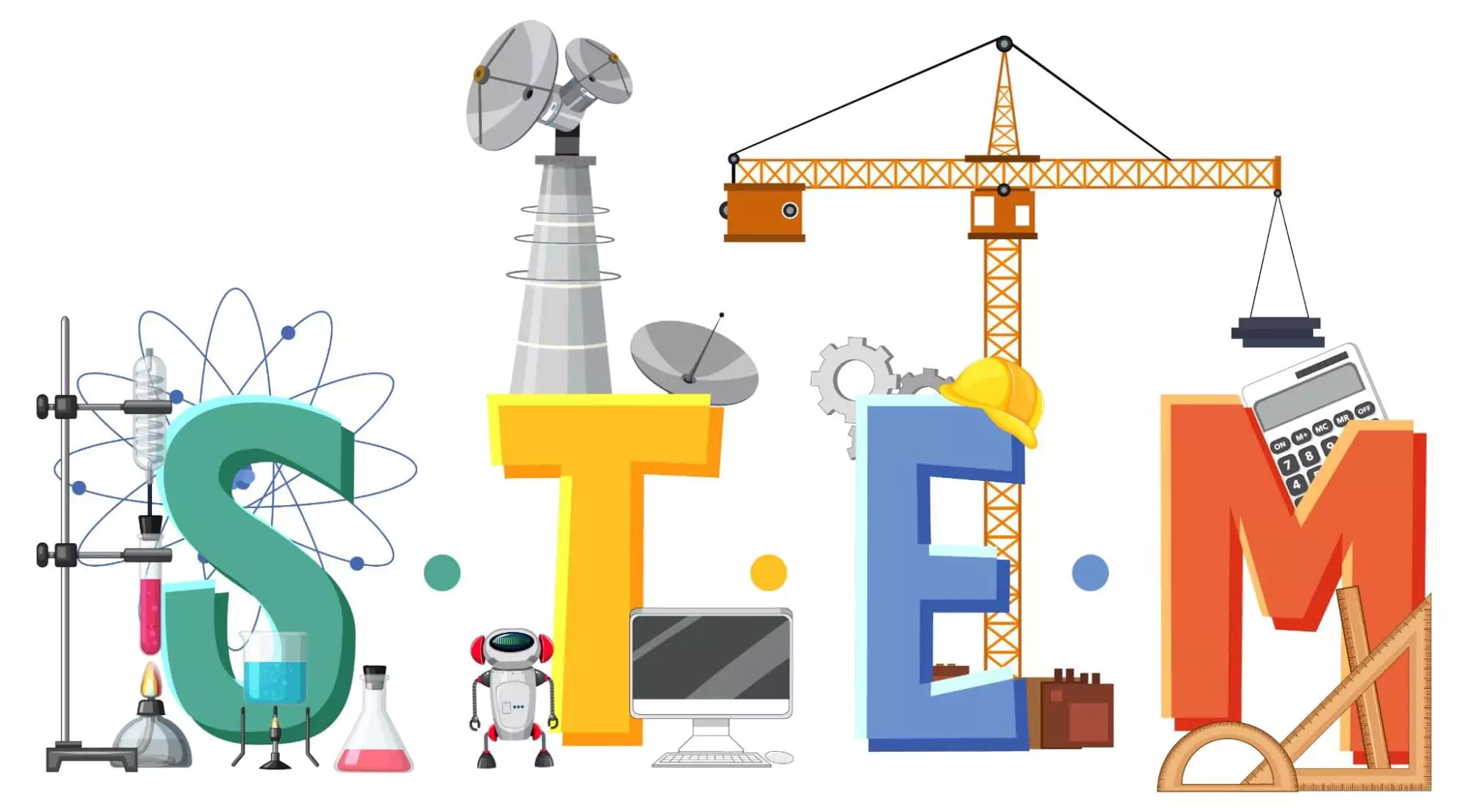
Update: This article was last updated on 9th January 2024 to reflect the accuracy and up-to-date information on the page.
STEM Skills for Kids is about knowledge in Science, Technology, Engineering, and Mathematics, which has become increasingly important in today’s world. With technology playing a significant role in almost every aspect of our lives, it has become crucial for kids to learn the subjects. It advances students’ innovative thinking, creative problem-solving, teamwork, and critical thinking abilities.
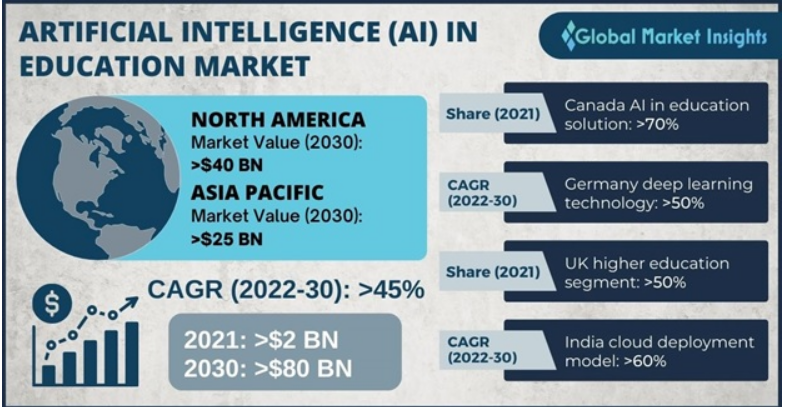
With rapid automation, the future will belong to individuals who can be creative, as robots and AI (Artificial Intelligence) tools will take over routine jobs.
Recommended Reading:
One question that parents have is what kind of STEM skills their children should learn. To make things easier for you, we have compiled a list of ten skills they can try.
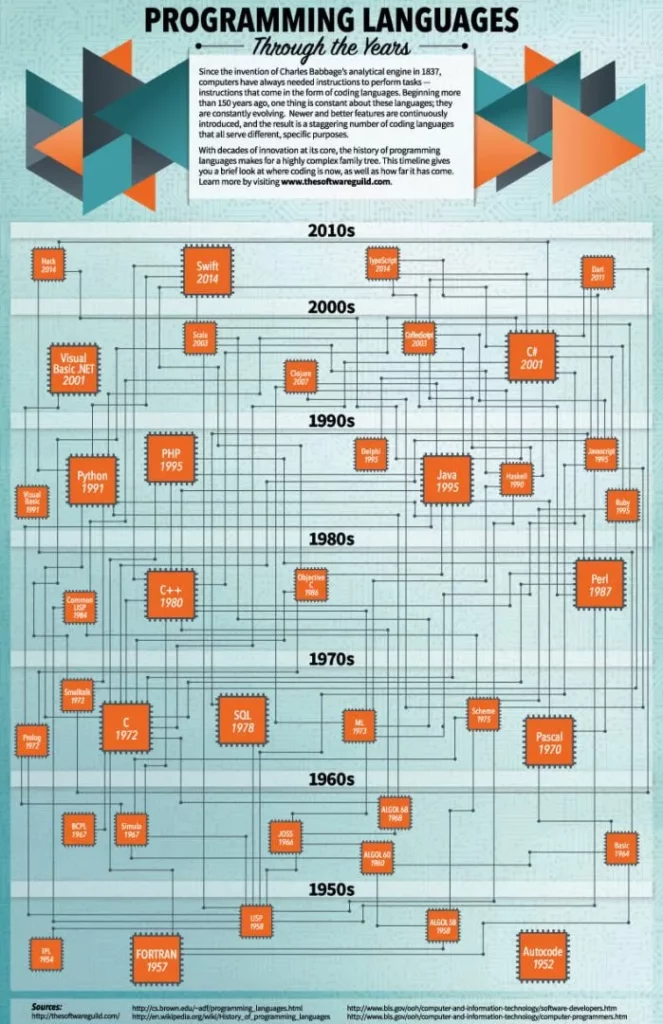
Look at the top 10 STEM skills for kids in 2023:
Certainly! Here’s a table summarizing the top 10 STEM skills for kids in 2023:
STEM Skills
| STEM Skill | Description |
|---|---|
| Coding and Programming | Learning to code through games, toys, and computer programs designed for kids. Also, mastering programming languages like Python, Java, and C++. |
| Robotics | Involves the design, creation, and programming of robots, fostering understanding of mechanics, electronics, and computer programming. |
| Math and Statistics | Building a strong foundation in math and statistics to prepare for future careers in computer science, engineering, and data analysis. |
| Science and Engineering | Engaging in science experiments and engineering projects to gain a deeper understanding of the natural world and real-world problem-solving. |
| Digital Literacy | Acquiring skills related to using and understanding digital technology, including computers, smartphones, the internet, and online tools. |
| Data Analysis | Analyzing and interpreting data from digital sources, with applications in fields like Data Science, Business Analytics, and Market Research. |
| Creativity and Innovation | Developing the ability to generate new ideas and approaches, fostering creativity and innovation for problem-solving and technological advancements. |
| Communication | Expressing ideas clearly and actively listening, essential for conveying technical information in STEM fields and building strong relationships. |
| Critical Thinking | Analyzing information, solving problems, and making decisions based on sound reasoning and evidence, crucial for understanding complex concepts in STEM. |
| Problem-Solving | Identifying, analyzing, and solving problems using a systematic and analytical approach, essential for dealing with challenges and finding innovative solutions in STEM. |

1. Coding and Programming
Robotics and coding has become a fundamental skill in today’s world, and it will only become more important in the future. The young ones can learn to code through games, toys, and computer programs designed for kids.Those who are already familiar with the programming languages can learn Python, Java, and C++, which are required in almost every industry. It is an essential skill for the future because technology is constantly evolving.
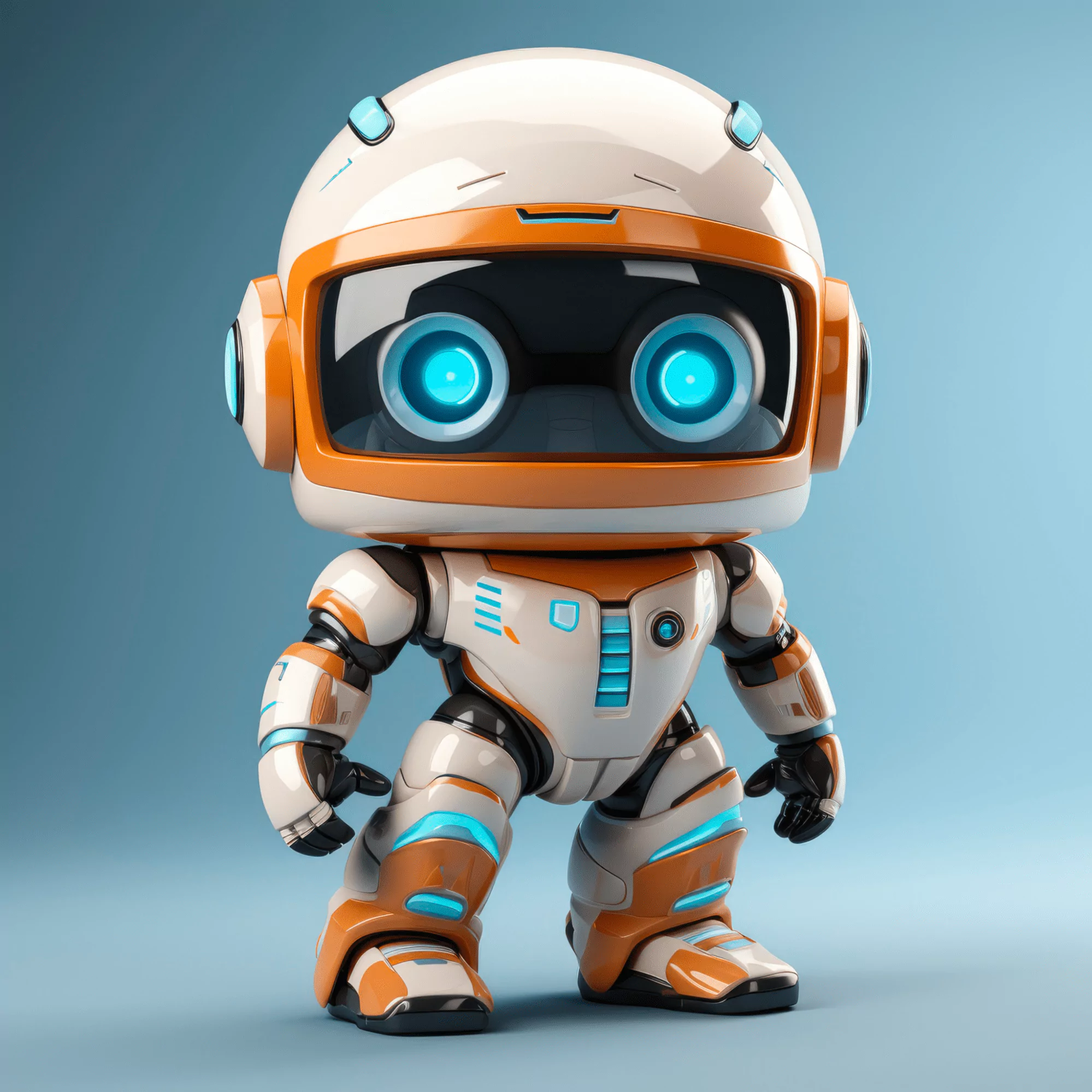
2. Robotics
Robotics involves the design, creation, and programming of robots. Children who learn about robotics will develop a deep understanding of mechanics, electronics, and computer programming. Robotics is growing rapidly and is already being used in fields like manufacturing, healthcare, and agriculture, and it’s expected to become more prevalent in the future. If children learn robotics, it will be useful for them in the future.

3. Math and Statistics
Math and statistics can benefit students in their college admission immensely. Math is the foundation for many STEM fields, and it is used in many real-world applications. Statistics, on the other hand, helps analyze and interpret data, a critical skill for many careers.
Developing strong math and statistics skills can help students build a solid foundation in these subjects and prepare them for future educational and career opportunities. By having a strong knowledge of math and statistics, children can prepare themselves for many future careers, including computer science, engineering, and data analysis.

4. Science and Engineering
Science and engineering are closely related fields concerned with understanding and manipulating the natural world. Science is the systematic study of the physical and natural world through observation and experimentation, while engineering involves the design and creation of solutions to real-world problems. Children can engage in science experiments and engineering projects to learn more about these subjects and apply their knowledge to real-world scenarios, as well as gain a deeper understanding of the world around them.
There are many resources available to help children develop their science and engineering skills, such as science kits, educational apps, and STEM camps. By having a strong background in science and engineering, children can help children to make better decisions, solve problems, and understand the impact of technology on society.

5. Digital Literacy
Digital literacy refers to the skills that enable you to use and understand digital technology and media, including computers, smartphones, the internet, social media, and other digital tools.
It encompasses a range of skills such as typing, using productivity tools like word processors and spreadsheets, internet research, creating and managing online accounts, navigating websites, and understanding online privacy and security. With the increasing role of technology in our daily lives, digital literacy has become an essential skill for people of all ages and backgrounds.

6. Data Analysis
Nowadays, most business decisions are based on data. The information shared by data analysts impacts business strategies and marketing tactics. Data analysis involves the ability to analyze and interpret data from digital sources, such as websites, social media, and online databases. Children can practice data analysis skills through activities like graphing, tracking their data, and analyzing data from science experiments.
Children can also learn to gather and analyze data from digital sources to conclude, make predictions, and identify patterns and trends in fields like Data Science, Business Analytics, and Market Research. Digital analysis is a fundamental skill that can be applied to many other fields, such as healthcare and education.
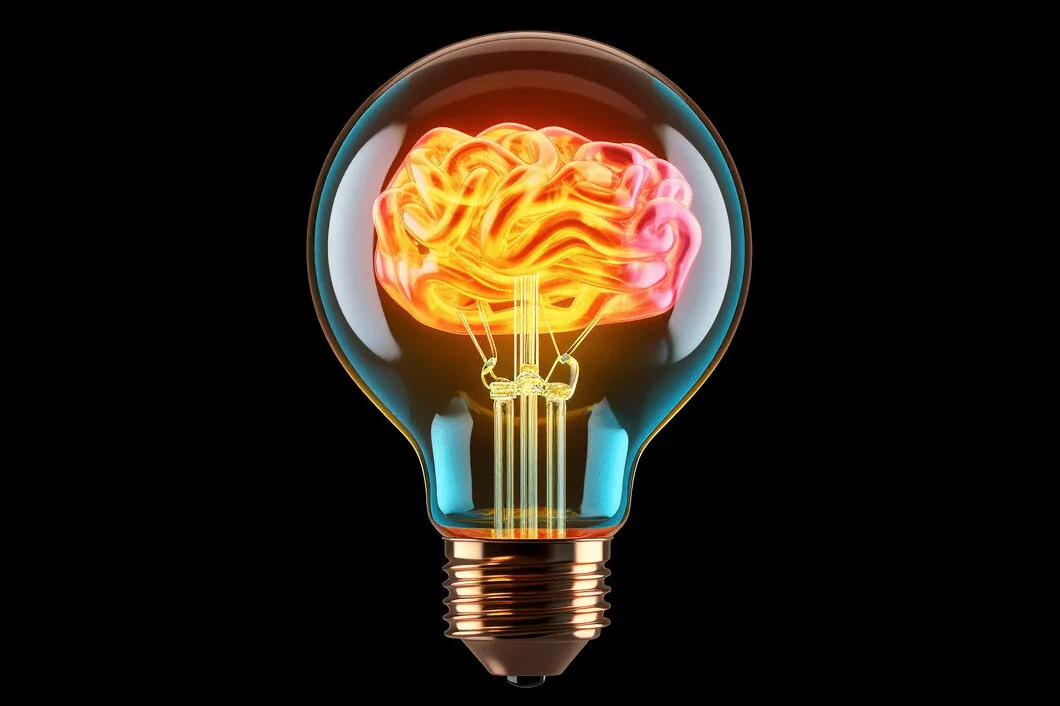
7. Creativity and Innovation
Individuals have to think creatively and innovatively to come up with solutions to real-world problems. We can foster creativity and innovation skills in children by providing opportunities for exploration, experimentation, and problem-solving.
Creativity involves the ability to generate new ideas and approaches, while innovation involves implementing those ideas to create something new and useful. Creativity and innovation can lead to the development of new technologies, products, and services that can improve people’s lives. There are many resources available to help children expand their creativity and innovation skills, such as art and design classes, creative problem-solving activities, etc.

8. Communication
Effective communication involves the ability to express ideas and concepts clearly and succinctly, as well as the ability to actively listen and respond to others. Individuals collaborate with others and communicate complex ideas and concepts clearly and concisely.
In STEM fields, clear communication is essential for conveying technical information to other team members, stakeholders, and customers. Additionally, effective communication skills can help kids build strong relationships with their peers and develop their teamwork skills. There are many resources available to help children develop their communication skills, such as public speaking classes, debate teams, collaborative projects, storytelling, presentations, and team-based projects.

9. Critical Thinking
Critical thinking involves the ability to analyze information, solve problems, and make decisions based on sound reasoning and evidence. In STEM fields, critical thinking is for understanding complex concepts and developing innovative solutions to real-world problems.
By developing critical thinking skills, kids can learn to approach problems systematically and analytically. They can learn to identify potential solutions, evaluate their effectiveness, and select the best course of action based on evidence and reasoning. It can also help kids become more self-sufficient and independent learners. It can help them make better decisions, evaluate information more effectively, and communicate their ideas more clearly.

10. Problem-Solving
Problem-solving involves the ability to identify, analyze, and solve problems using a systematic and analytical approach. Problem-solving is needed for understanding complex concepts and coming up with innovative solutions to real-world problems. By developing strong problem-solving skills, kids can become more effective at dealing with challenges and better equipped to find solutions to complex problems.
With problem-solving skills, kids can learn to approach problems in a structured and analytical way. It can help kids become more effective decision-makers and better equipped to manage personal challenges and overcome obstacles. They can learn to break down complex problems into smaller, more manageable components and use data and evidence to support their solutions.
STEM education prepares children to face the challenges of a rapidly changing technological landscape. Parents, educators, and mentors must work together to provide kids with opportunities to develop these skills through various activities, such as science experiments, coding classes, and robotics workshops. These abilities will help them not only in their future careers and in navigating the world around them. Ultimately, investing in education for kids is an investment in our future.
Moonpreneur is on a mission to disrupt traditional education and future-proof the next generation with holistic learning solutions. Its Innovator Program is building tomorrow’s workforce by training students in AI/ML, Robotics, Coding, IoT, and Apps, enabling entrepreneurship through experiential learning.
























What are hard skills in STEM?
STEM hard skills are the specific and technical knowledge that students gain in science, technology, engineering, and math. One example of a primary hard skill is Data Analysis, which involves collecting, understanding, and drawing important conclusions from data.
Is STEM good for kids?
It is a great choice for your kid. Engaging in hands-on STEM programs and activities goes beyond imparting science and math knowledge. These experiences enable your child to explore real-world applications, ignite their creativity, and cultivate essential 21st-century skills. These skills include media and technology literacy, productivity, social skills, communication, flexibility, and initiative.